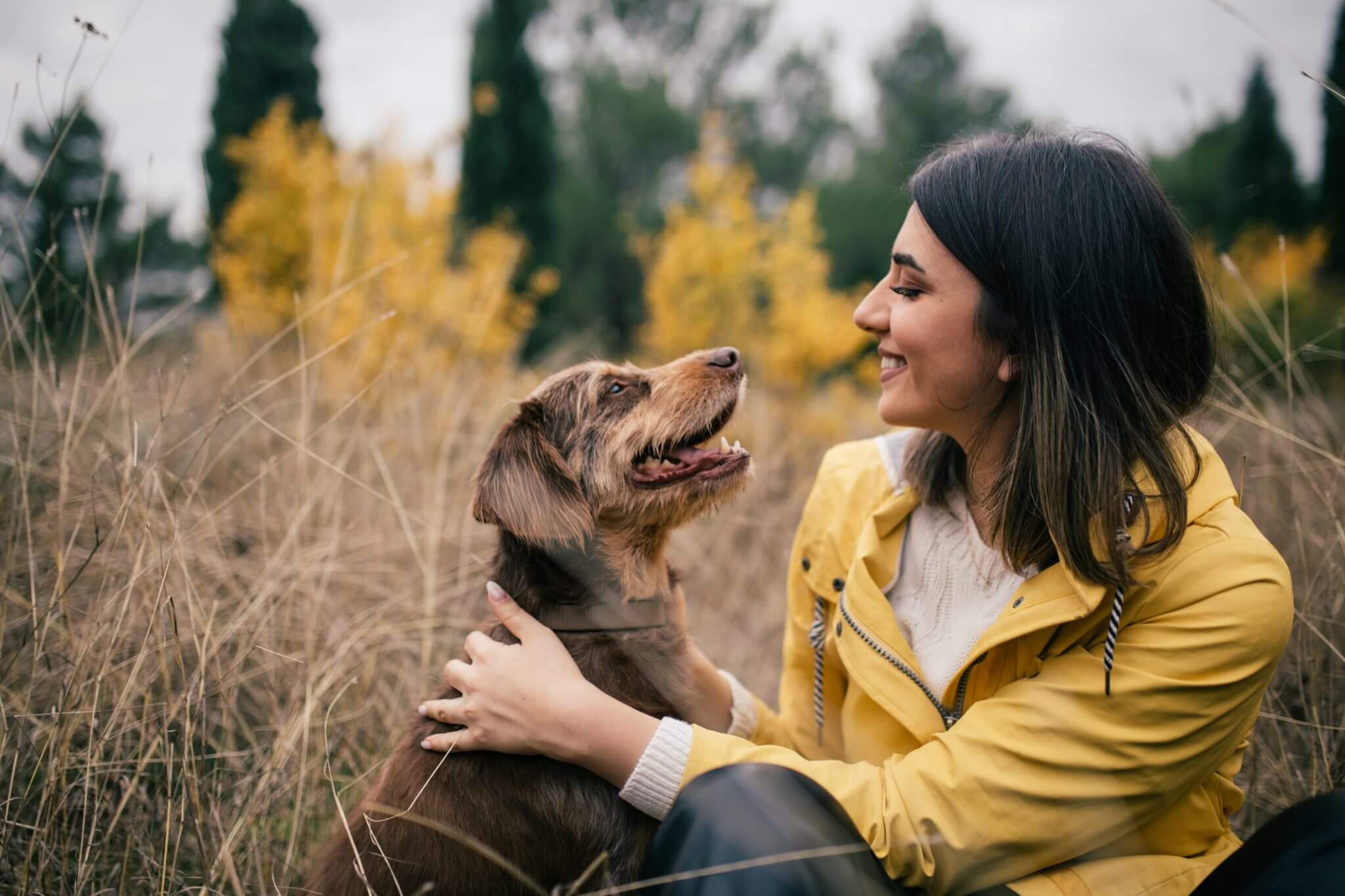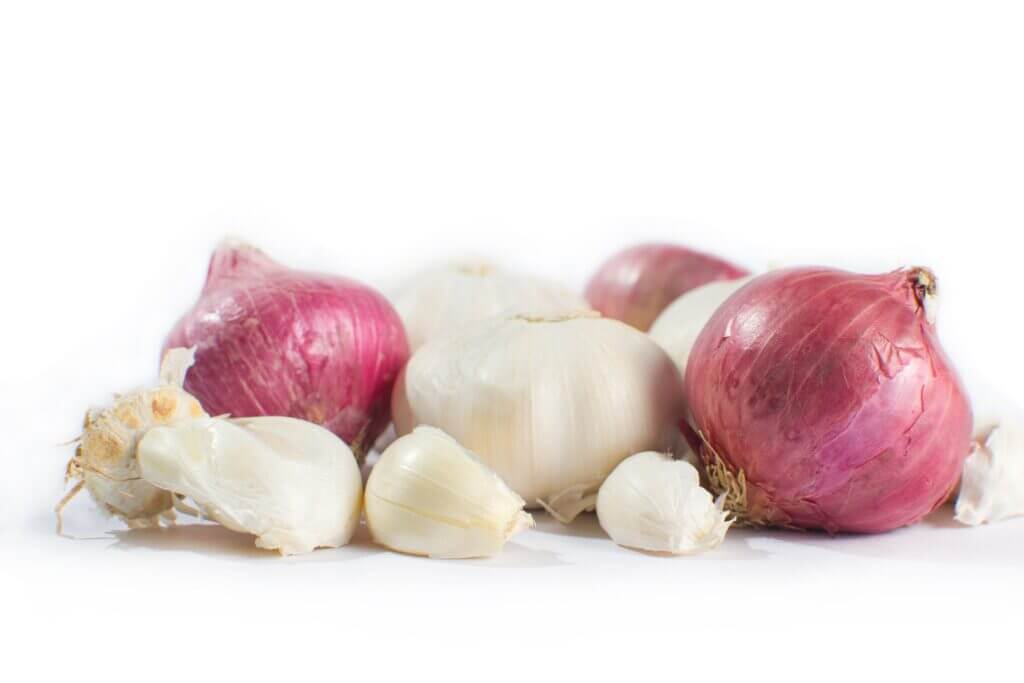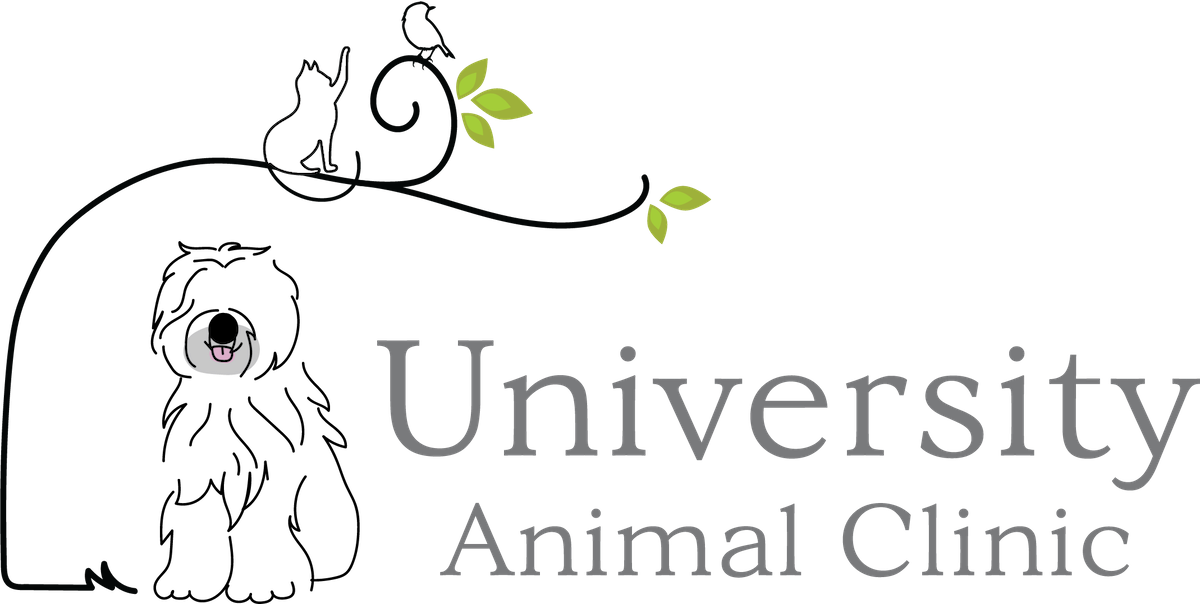
Certain foods that we treasure as humans contain substances that are toxic to our pets. While it would be great to be able to feed your furry friend with the exact type of food you eat, you must be aware of the dangers in doing so. That’s why we’ve compiled a list of foods you must not feed to your pets.
What Foods Can Be Poisonous For Pets?
When choosing to feed cats and dogs human food, please keep the following list in mind of foods to avoid to ensure your pet does not get sick. Depending on what poisonous food is consumed by your pet, they may experience difficulty breathing, stomach upset, blood cell damage and even liver failure.
- Alcohol: Alcoholic beverages like beer, wine, dry gin, champagne and food products containing alcohol shouldn’t be given to pets. The alcohol found in food products can cause diarrhea, vomiting, breathing difficulties, high blood acidity, depression of the nervous system and death.
- Cacao and coffee-based beverages: A chemical known as methylxanthines found in cacao and the coffee plant can lead to diarrhea and vomiting when consumed by pets. It can also cause dehydration, excessive urination, abnormal heart rate and hyperactivity.
- Citrus: The leaves, stem, fruit, seeds and peels of citrus plants such as grapefruit, lemon and lime contain varying amounts of citric acid and other essential oils. These elements can irritate pets and lead to depression of the central nervous system. However, ingesting a small amount of the fruit may not cause more than a mild stomach upset. Oranges and tangerines are generally more tolerated by cats and dogs.
- Coconut and coconut oil: When pets eat coconut flesh or milk, the oils can cause them to develop diarrhea or loose stools. Also, since coconut water has a high concentration of potassium, you should never give it to your pet.
- Milk and dairy: Pets don’t produce a high quantity of lactase, which is the enzyme that digests the lactose in milk. As a result, feeding your pets cow milk and dairy products can make them have digestive upset and diarrhea.
- Nuts: Nuts such as walnuts, pecans and almonds contain a high amount of fat and oil, and they can cause vomiting and diarrhea in pets.
Are Onions And Garlic Toxic For Dogs And Cats?
Garlic and onions have a mild to moderate level of toxicity for cats and dogs, which means you shouldn’t feed raw garlic, onion, chives, leeks or any other members of the root bulb family to your pets. Garlic is at least five times more powerful than an onion. High amounts of it consumed by a pet can cause:
- Damage to red blood cells, leading to anemia
- Digestive upset that can lead to diarrhea, vomiting, abdominal pain and drooling
- Various effects of anemia such as lethargy, rapid heart rate, pale gums, exercise intolerance and collapse

What Vegetables Are Toxic For Dogs And Cats?
Some vegetables should never be fed to dogs and cats whether they’re cooked or raw. Never feed your pets garlic or onions, for instance — these foods cause damage to the red blood cells, possibly making them burst. Eventually, the pet will develop anemia and all the subsequent effects of anemia.
Wild mushrooms and rhubarb also contain toxins, so you should avoid giving them to your pets. A few bites of wild mushrooms can cause vomiting and seizures.
What Fruits Should You Avoid Feeding To Dogs?
Certain fruits should never be consumed by pets, including:
- Fruits with pits: The huge seeds found inside avocados can get lodged in your pet’s stomach, intestinal tract or esophagus. While the fruit isn’t toxic, the middle seed contains a chemical that can leach into the flesh. Since this chemical is harmful for pets, we wouldn’t recommend feeding avocadoes even if the fruit is mashed or sliced. Other fruits with pits include mangoes, almonds, apricots, peaches, lychees and plums.
- Grapes and raisins: These fruits cause kidney problems in dogs. A small amount can make your pet shiver, reduce their appetite or make them lethargic. If the amount of grape poisoning is high, it can lead to kidney failure or death.
Cherries: These fruits are toxic to dogs. They cause breathing difficulties, dilated pupils and shock. In some extreme cases, eating cherries may lead to death. Only the ripe outer pulp is safe. The non-pulp parts contain cyanide.
What Fruits Should You Avoid Feeding To Cats?
Just like with dogs, you need to avoid giving certain fruits to cats, including:
- Fruits with pits: The large seeds inside avocados can be swallowed whole or in parts and get stuck in your cat’s stomach, esophagus or intestinal tract. While the fruit is not necessarily a toxic fruit for cats, the stone-like seed can be harmful. Similarly, you should be careful when feeding your cat with fruits that have large seeds inside of them, including plums, peaches, apricots, mangoes and lychees.
- Cherries: These fruits are toxic to cats. They’re linked with dilated pupils and difficulty breathing. They also cause shock. While the outer ripe pulp may be safe for eating, you shouldn’t give the non-pulp section to your cats because it contains cyanide.
- Grapes and raisins: These fruits can lead to kidney problems in cats just as they do in dogs. Just a small amount can make your cat lethargic and cause appetite loss. Large quantities can cause kidney failure or death.
- Citrus fruits: Citrus fruits like lime, lemon and grapefruit contain a large amount of citric acid, which means they can cause mild or moderate stomach irritation in cats.
- Green tomatoes: Some green tomatoes may be safe for humans, but you shouldn’t feed your cat this unripe fruit. Green tomatoes contain a poisonous alkaloid known as glycoalkaloid solanine. It’s quite toxic, and it can cause lower gastrointestinal troubles. If you must feed your cat tomatoes, make sure they’re ripe.
Contact University Animal Clinic Today
For more tips on the toxic foods you shouldn’t feed your cats or dogs and alternatives you can give them on occasion for a special treat, contact University Animal Clinic now at (941) 253-5218. We offer special personalized vet services and a unique wellness program for pets. We can also help you take care of exotic pets, keeping them happy and healthy. Reach out to us today to schedule your appointment online, or come to our pet clinic, which serves residents of Sarasota, Bradenton and Lakewood Ranch.
